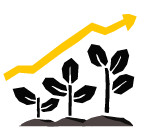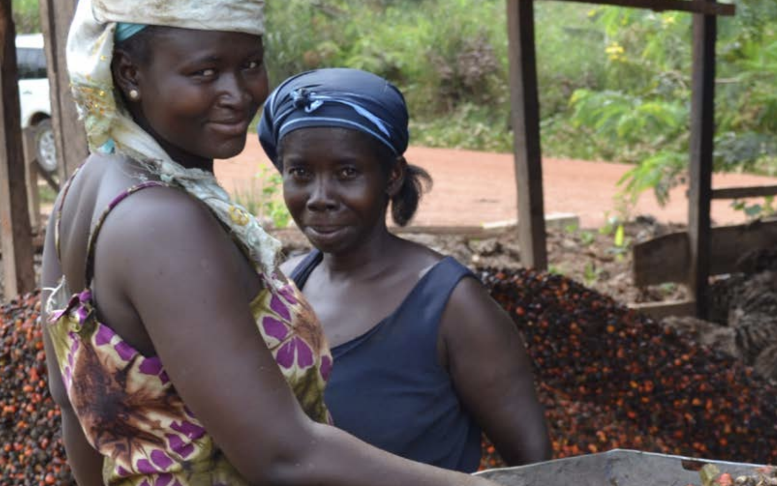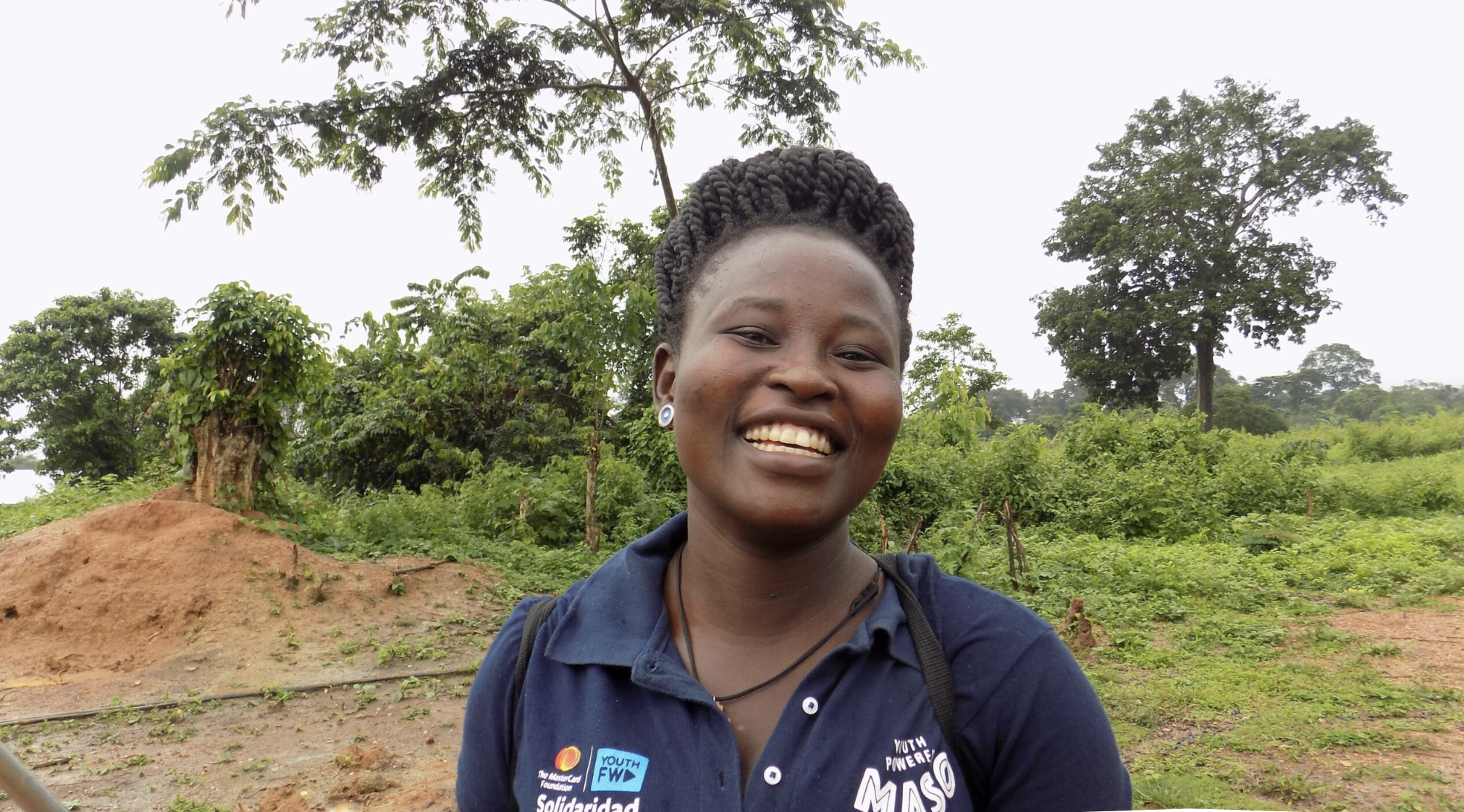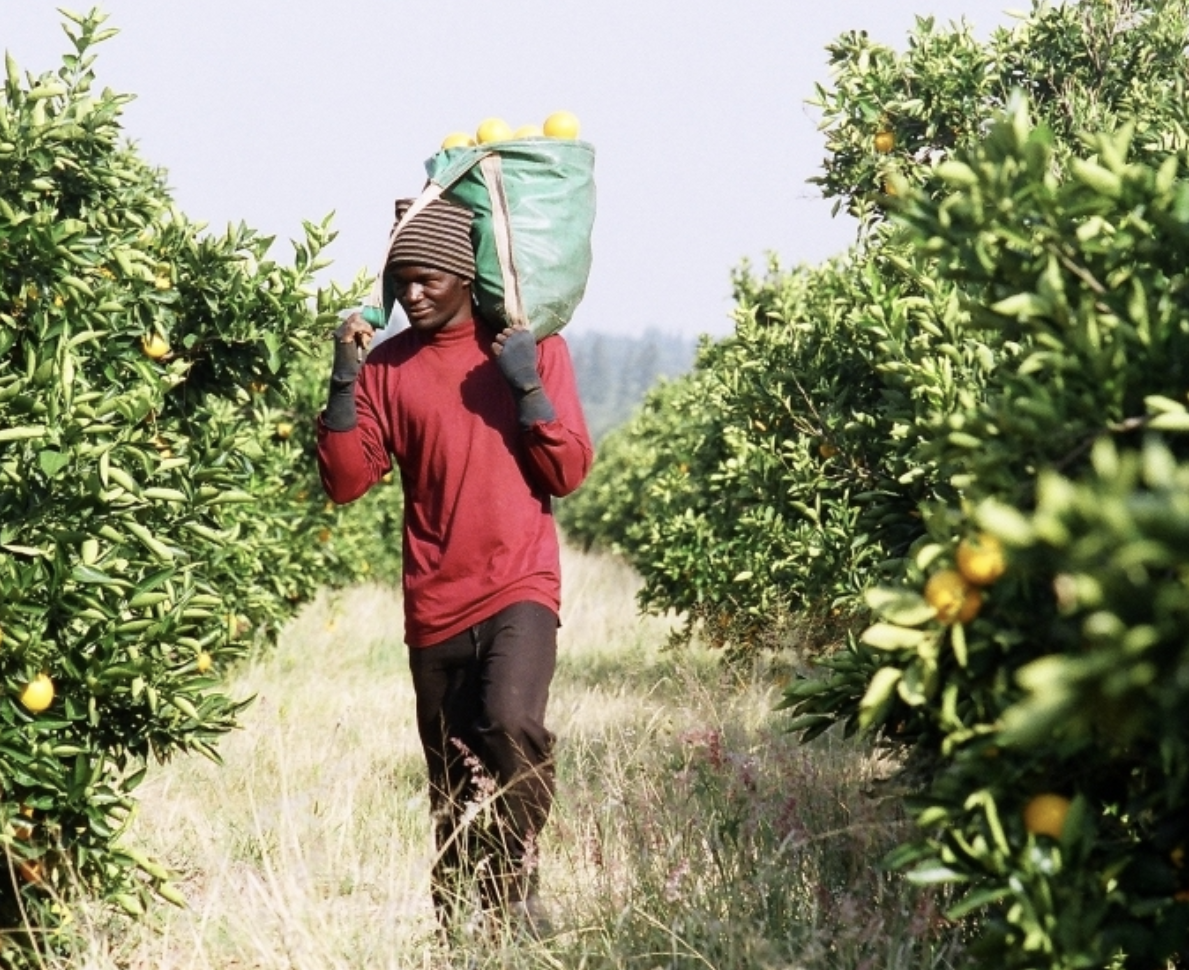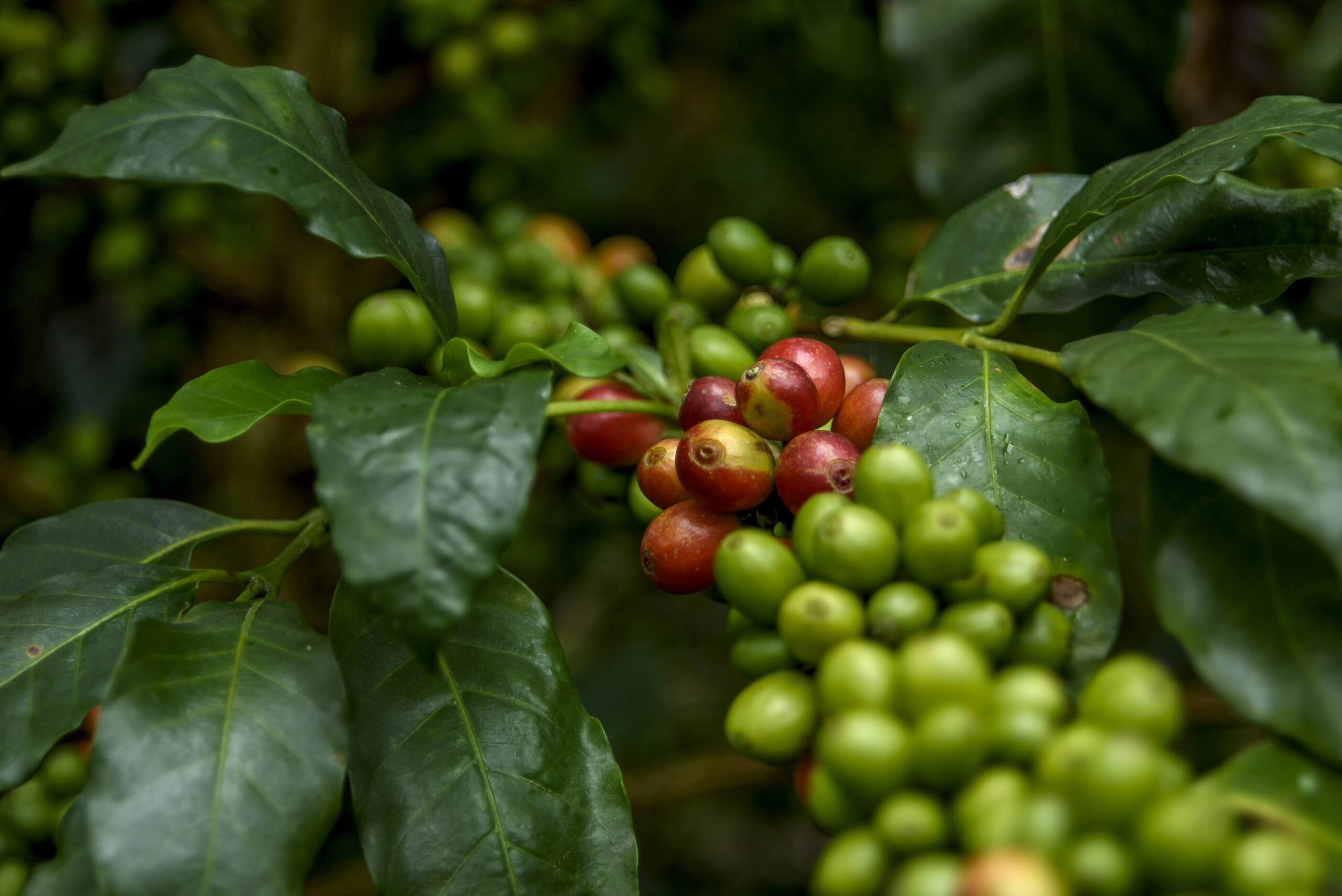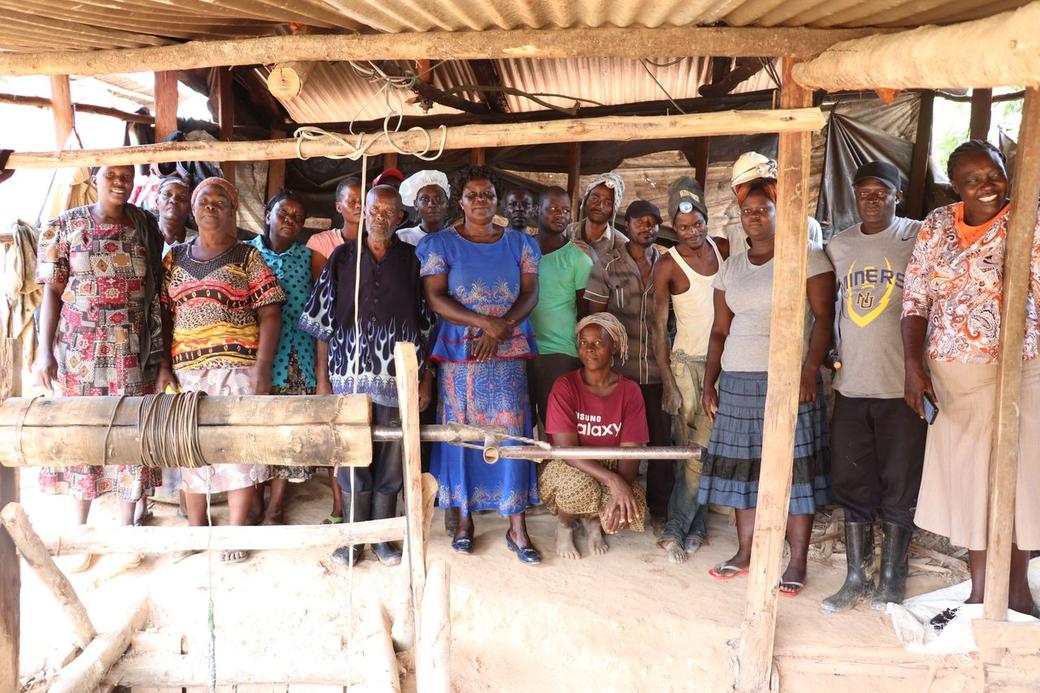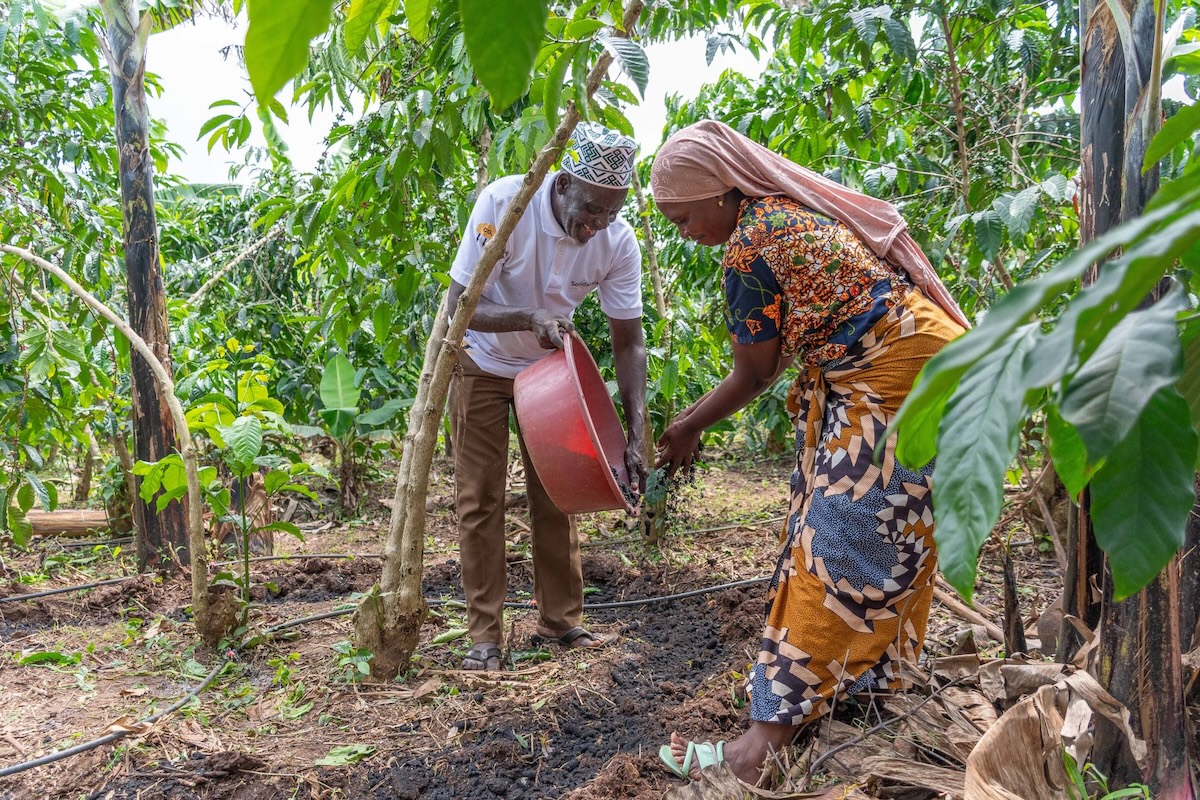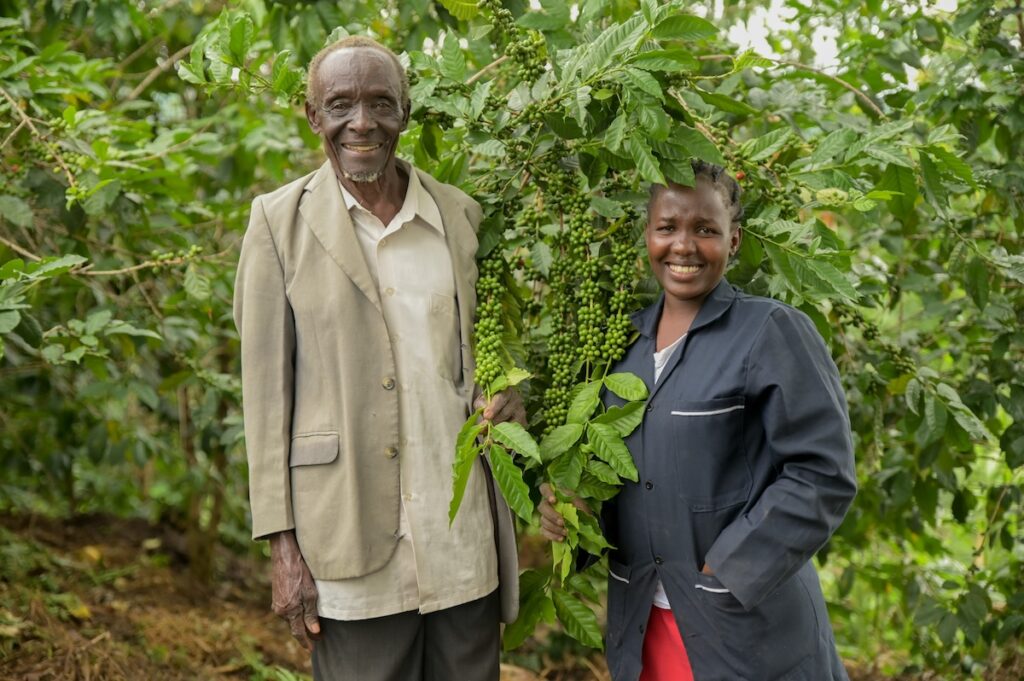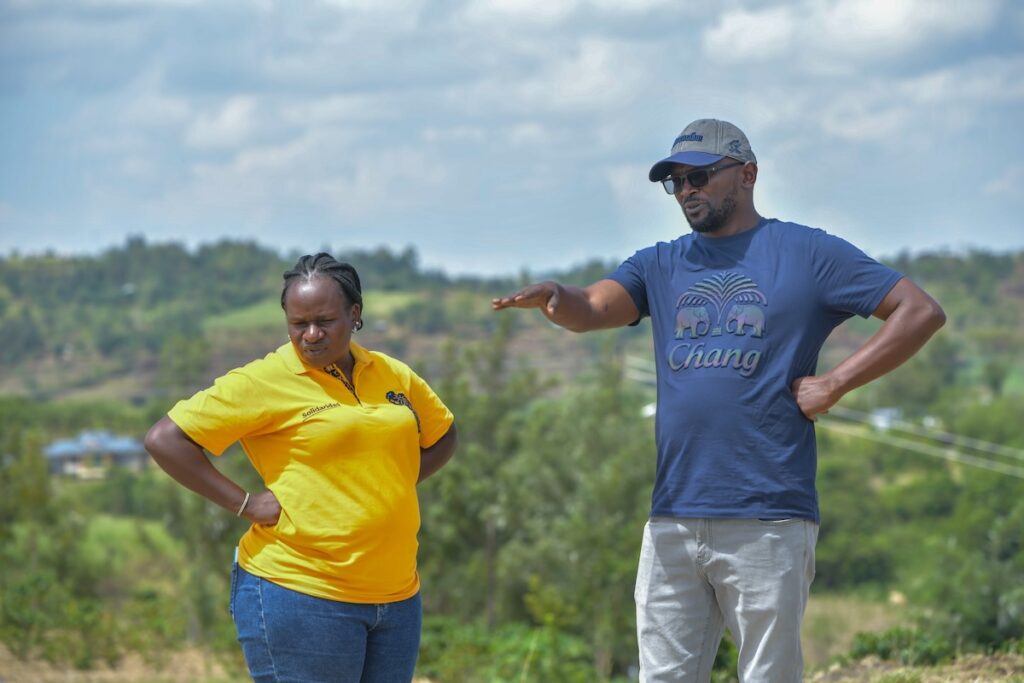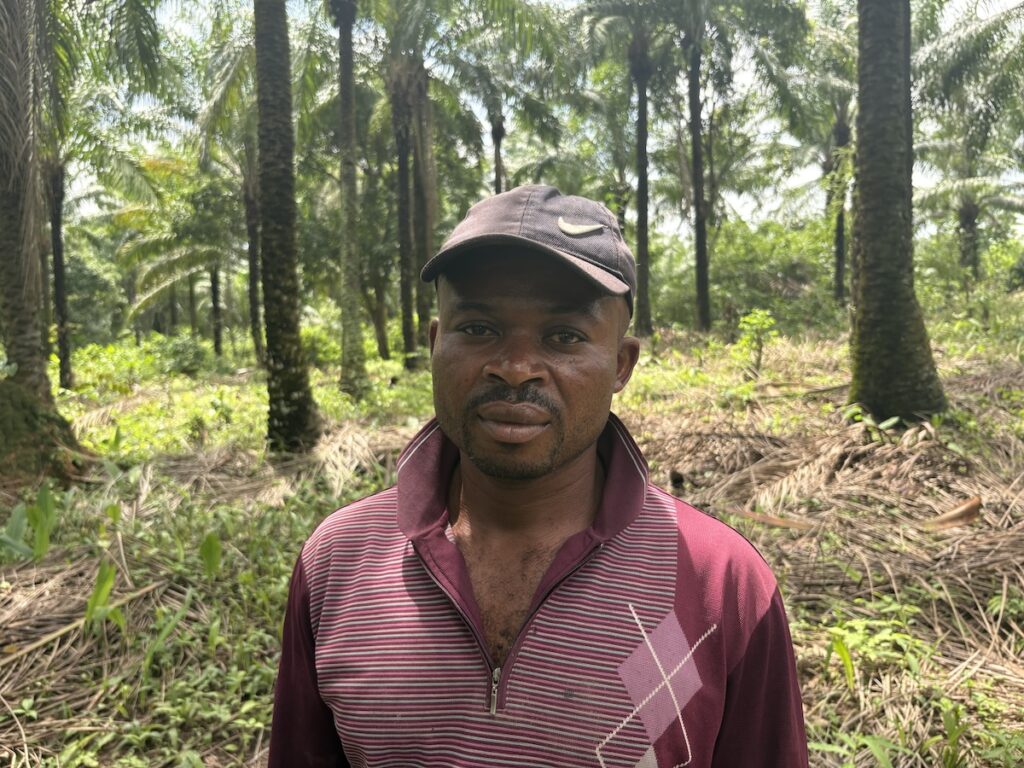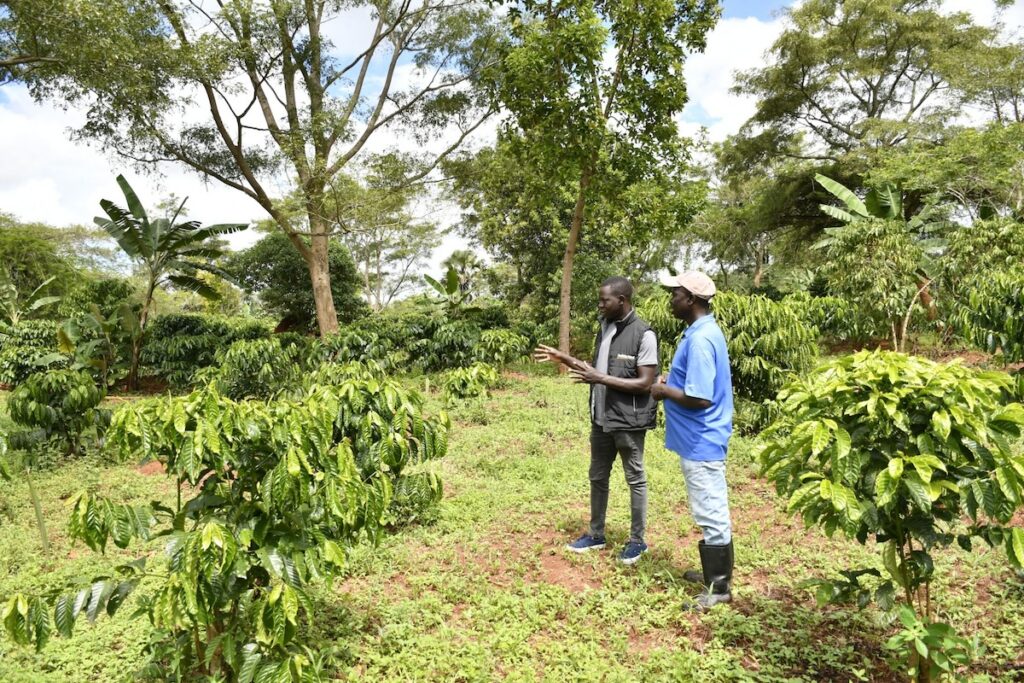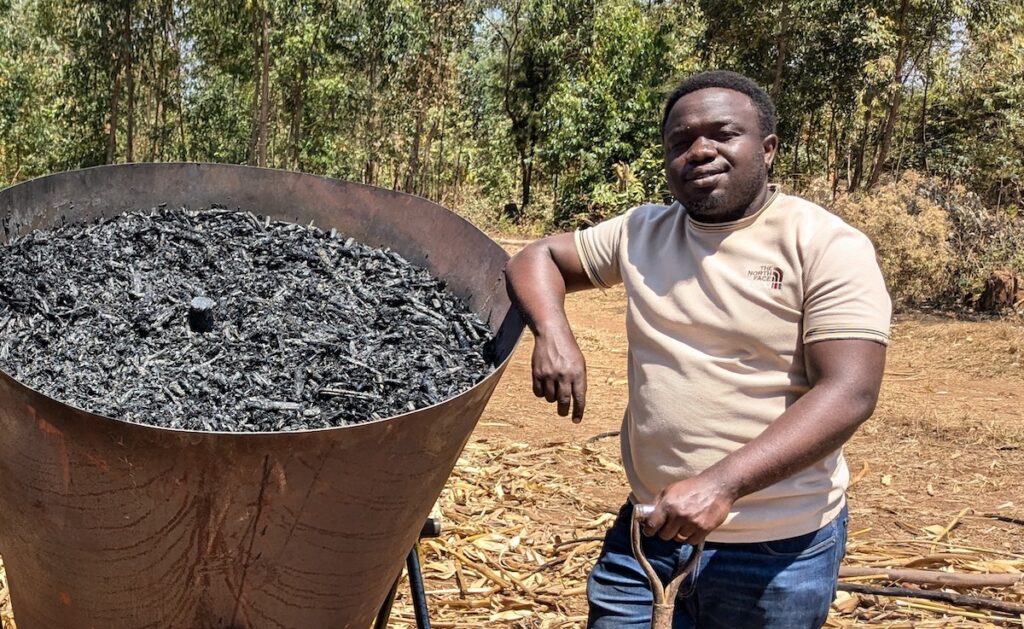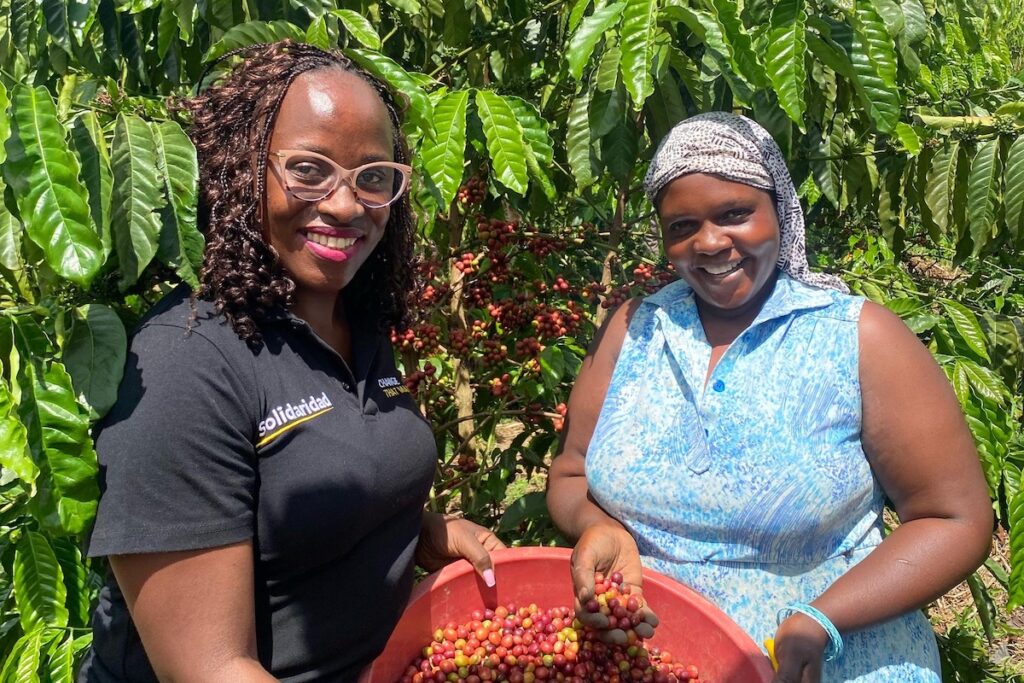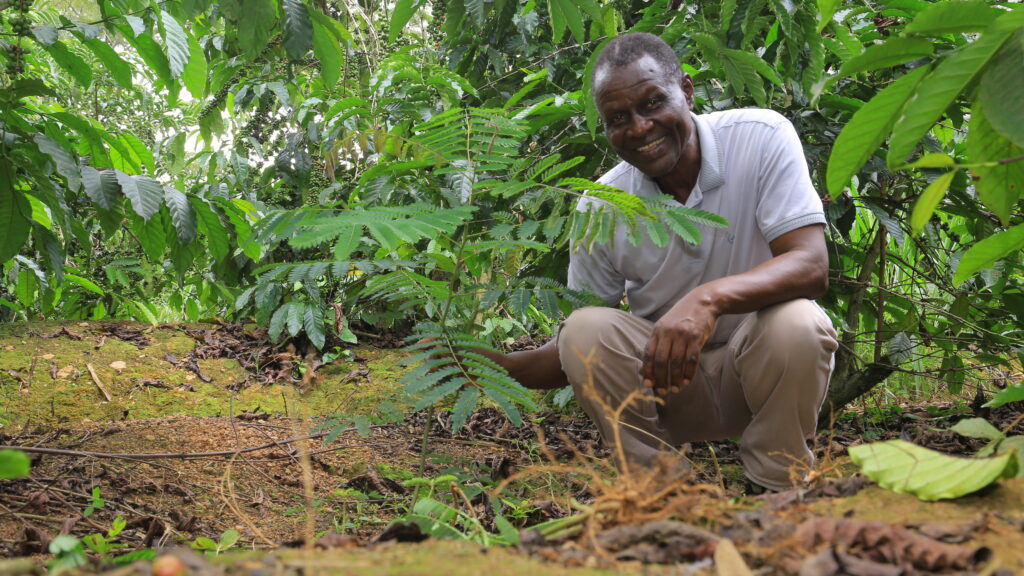Where We Work
Headquartered in Nairobi, Kenya, Solidaridad East, and Central Africa has country offices and programmes in Kenya, Ethiopia, Tanzania, and Uganda and outreaches in Burundi, Rwanda, Cameroon, Gabon, and Chad. We support producers – farmers, workers, and miners – across these countries to promote sustainable production of specific commodities.
Commodities

Challenges
Insecurity amid growth
The region is facing numerous challenges as a result of rapid population growth. These include food and nutrition insecurity, impacts of climate change on agricultural production, poverty, political instability, lack of gender and social inclusion, inadequate legal and regulatory frameworks, land pressures, high unemployment rates, rising levels of debt in some countries, political instability and insecurity concerns.
Solutions
Strategic training and financing for improved lives
With a growing middle class in the region, and increased investment in infrastructure, there is an opportunity to transform livelihoods for smallholder farmers, miners, and workers by increasing access to information, technology, and financing opportunities.

Achievements
Solidaridad East and Central Africa accelerated transformation across farms, factories, and mines – empowering over 170,000 farmers, workers, and miners with climate-smart practices, inclusive finance, and stronger supply chains. In 2024, we championed regenerative agriculture, carbon markets, gender equity, and waste-to-value innovations, creating tangible results for people and planet. From increased farmer incomes to safer mining and greener industries, our locally-driven solutions are scaling impact across the region. Through bold partnerships and data-driven action, we are proving that sustainable development thrives when communities lead the way.
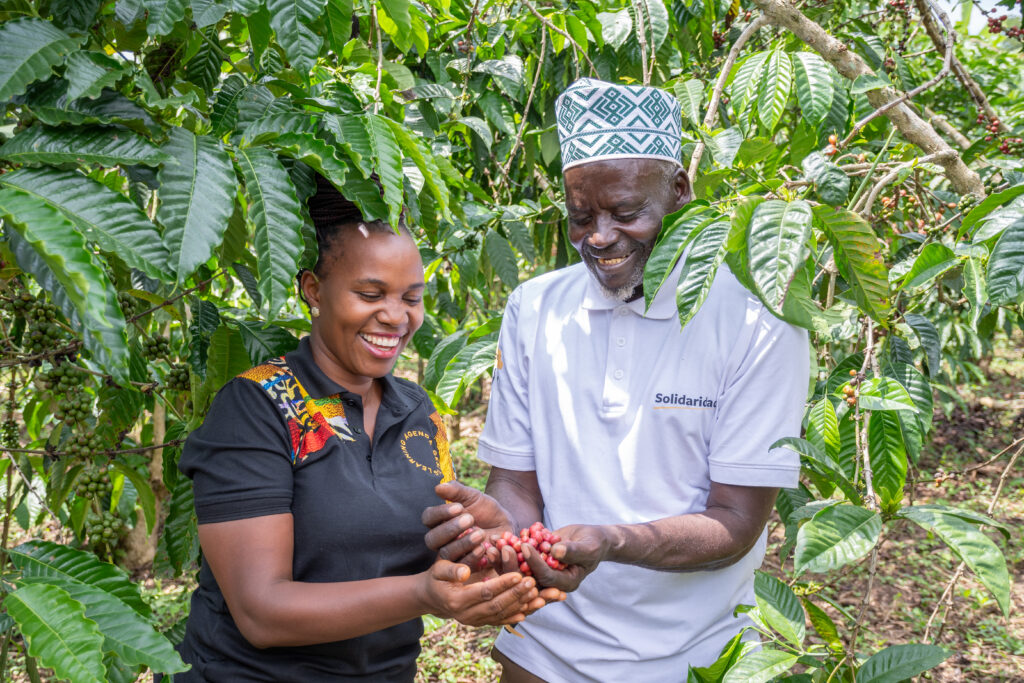
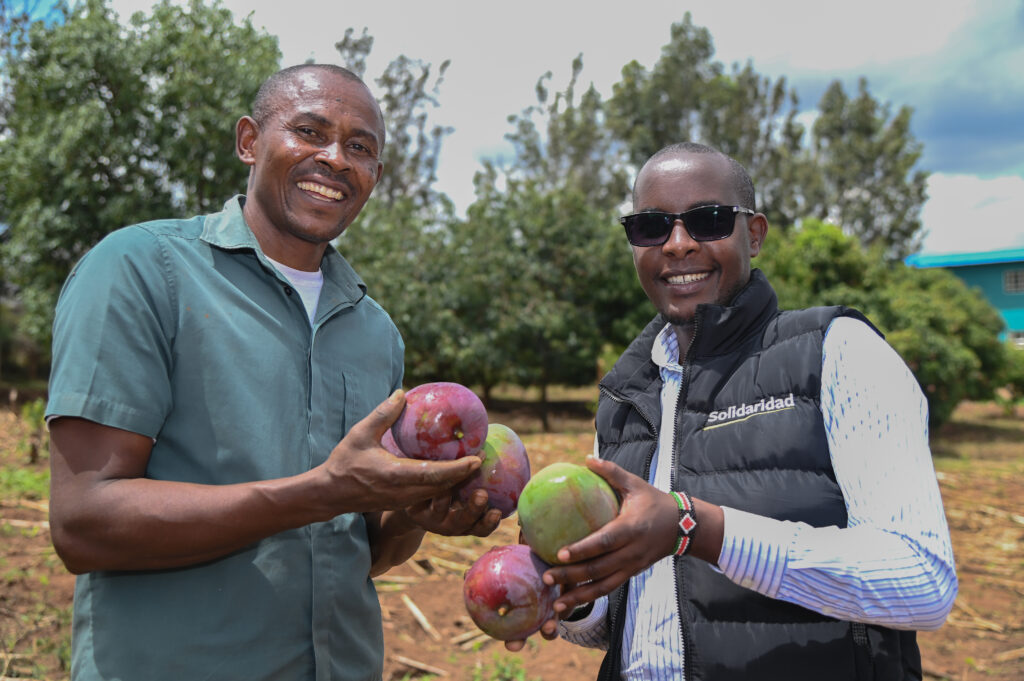
East Africa’s goals in 2023 included accelerating initiatives to boost market access, innovation, and the formulation of supportive policies. At our strategy’s heart, we prioritized producers and aimed to empower them as sustainability leaders within their sectors. This approach not only sought to revolutionize their industries but also to champion a sustainable future through their leadership and innovation.
RE-CALIBRATING THE RESILIENCE OF SMALLHOLDERS
To catalyze sustainable production systems and reimagine value-addition opportunities, Solidaridad East and Central Africa worked closely with demand- and supply-side actors raising awareness and pushing for inclusive policies, good practices, fair value distribution, decent work, gender and social inclusion, and market access, among others.
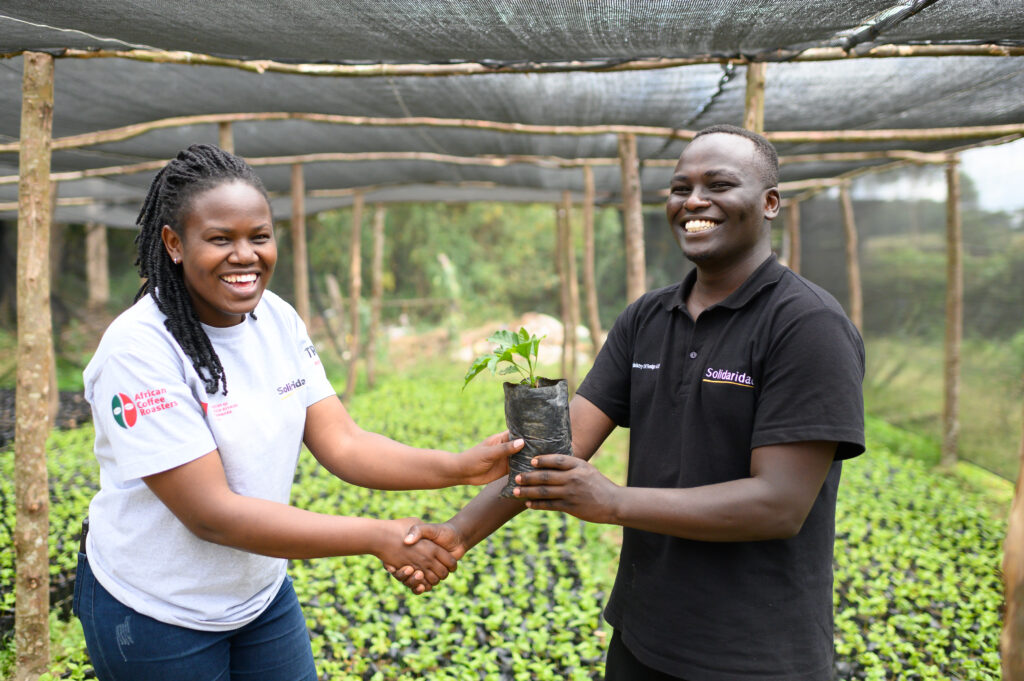
Transformative change
In 2021, Solidaridad East and Central Africa sustained the implementation of transformative solutions. Alongside our communities and partners, we championed producer-led initiatives to improve production, food and nutrition security, incomes, and working conditions outcomes, while enhancing producers’ resilience to the effects of climate change.
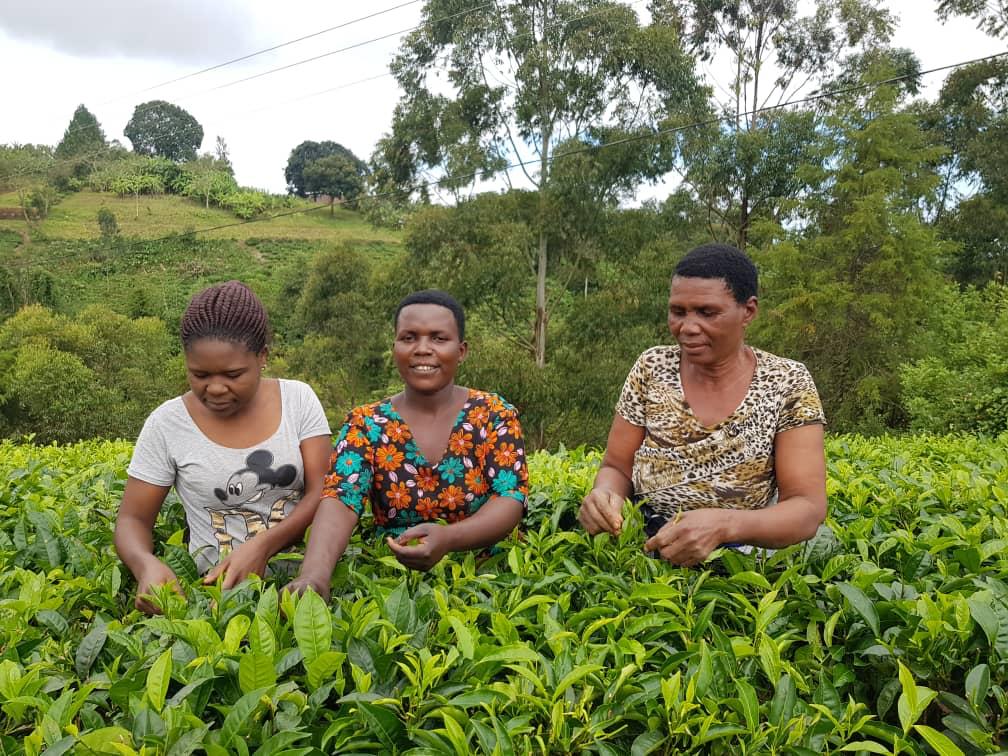
Making gains
Through our Practice for Change project and Food for All Kenya, we supported more than 85,000 producers (65 percent women) to adopt good practices. Our enabling policy work contributed to the finalization of the National Tea Policy, its Implementation Plan, and Regulatory Impact Assessment. Meanwhile our advocacy in mining continued with lobbying in Tanzania to make gold mining licensing more gender inclusive with greater flexibility on land ownership requirements. Finally, pilot programmes under sustainable landscapes saw more than 10,000 producers adopt land-use planning in the Kilimanjaro region, and income and funding gains for the pilot groups.
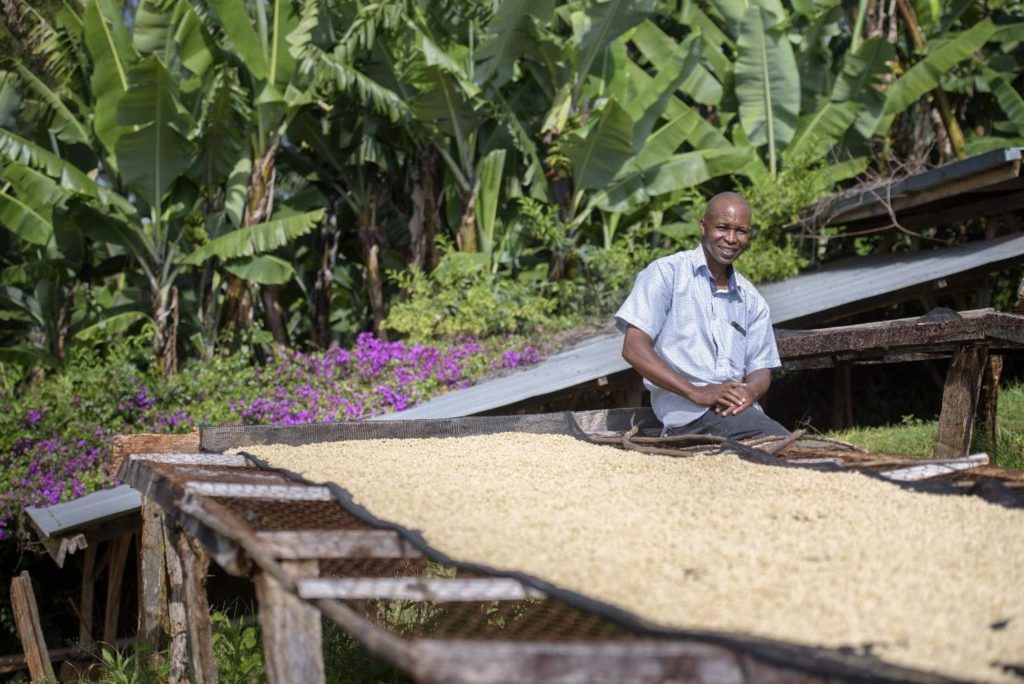
Accelerating market interventions
In 2019, we accelerated and deepened our market-based interventions with a focus on 2020 and beyond. With multiple key projects reaching maturity, we extracted lessons and best practices. For instance, we are learning from the outcomes of multiple projects in Kenya and Ethiopia which have trained farmers in good dairy practices. We increased our business development activities and developed a strong opportunities pipeline. We also expanded our efforts in Central Africa, particularly in Cameroon.

Sector transformation
In 2018, Solidaridad East and Central Africa promoted best practices and sustainability to ensure sector transformation through our textile, leather, coffee, gold, dairy, tea, fruits and vegetable programmes. We focused on food security, gender inclusivity, ICT, climate innovations, investment in viable businesses for impact creation,-and working with producers and industries. We engaged governments, financial institutions and markets in creating robust infrastructures, that resulted in effective production and working environments. The formation of the Kenya Coffee Platform, coordination of sustainable landscapes multi-stakeholder platforms and the advocacy work to establish a sustainable Tea Policy in Uganda were highlights of our regional public-private sector engagements.

An enabling policy environment
One of Solidaridad’s key focuses for 2017 was creating an enabling policy environment in Uganda where all stakeholders in tea, fruit and vegetables are involved in policy discussions. In Tanzania, under the Golden Line project, Solidaridad engaged in advocacy initiatives where legal mining issues were discussed. Solidaridad also established strategic partnerships with private and public entities related to climate change, creating an enabling policy environment, impact investment, digital solutions and sustainable landscape innovations.

Strategic partnerships
From Ethiopia to Zambia, and Kenya to the Congo, the rising temperatures and drought conditions, as well as political issues, posed significant risks to agriculture. A general decrease in quantities, qualities and prices of agricultural commodities was evident. Coffee, tea, fruits and vegetable farmers in the wetter highlands continued to adopt climate-resistant varieties with Solidaridad’s support. Solidaridad also continued to strengthen partnerships with research institutes in addressing climate-smart agriculture.

New opportunities
Solidaridad East and Central Africa made concerted efforts to explore new partnerships and funding opportunities. In early 2015, Solidaridad was awarded a pilot project by Ford Foundation and aBi Trust for fruits, vegetables and barley in Uganda. Solidaridad won a grant for a food security project from the Netherlands Enterprise Agency and Comic Relief gave a grant to Solidaridad for a food security project in Ethiopia. By the end of 2015, opportunities arose for policy influencing under Solidaridad’s new strategy.

Strengthening capacity
Solidaridad East and Central Africa has expanded, creating further opportunities for growth. Strengthening staff capacity was a key priority in 2014, as was maintaining good relationships with donors. These improvements have helped us to continue running successful programmes, creating real change. In addition, new partnerships have given Solidaridad an opportunity to develop exciting new projects.

Regional Programmes
Change that matters. Find out what we can achieve together.
News from East & Central Africa
Continental Supervisory Board






Get in touch
Want to know more about our work in East and Central Africa? Get in touch with our team.

Rachel Wanyoike
Managing Director
rachel.wanyoike@solidaridadnetwork.org

Edith Wairimu
For media and inquiries
comms.eca@solidaridadnetwork.org

Juliet Tsuma
For business development
juliet.tsuma@solidaridadnetwork.org

